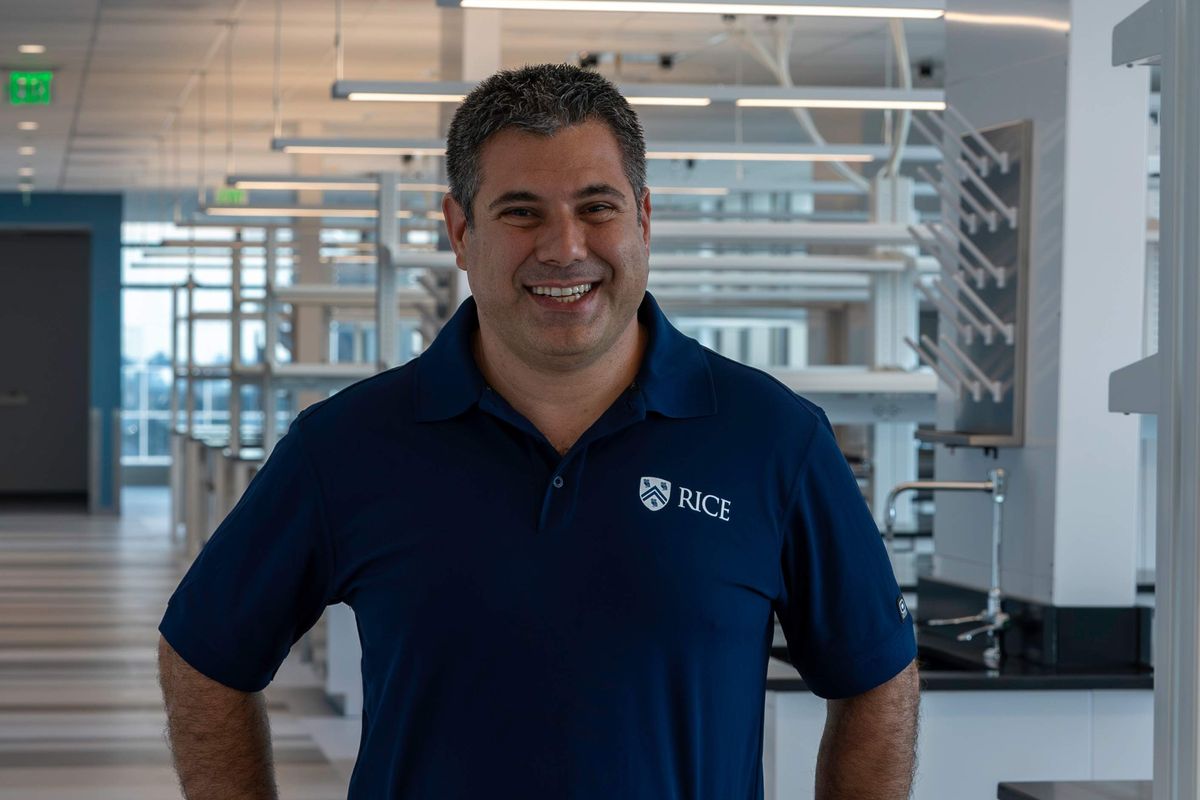Rice researchers secure $35M federal grant to advance medical device technology
big money
Rice University has secured part of a nearly $35 million federal grant aimed at commercializing a bioelectric implant for treatment of type 2 diabetes and obesity.
The federal Advanced Research Projects Agency for Health awarded the $34.9 million grant to Rice and several other universities.
Rice’s Biotech Launch Pad will lead the effort to commercialize the self-contained, implantable Rx On-site Generation Using Electronics (ROGUE) device. ROGUE houses cells that are engineered to produce type 2 diabetes and obesity therapies in response to patients’ needs.
Carnegie Mellon University leads the team of researchers handling development and testing of ROGUE, which acts as a “living pharmacy” designed to make biologic drugs available on demand in a patient’s body.
The ROGUE initiative aims to keep the cost of this treatment significantly below the cost of other biologics-based treatments.
“ROGUE’s innovative design combines efficient biological manufacturing, long-term durability, and patient-friendly features that have the potential to transform the landscape of biologics delivery,” Omid Veiseh, professor of bioengineering and faculty director of the Rice Biotech Launch Pad, says in a news release.
Paul Wotton, an in-house entrepreneur at the university and executive director of the Rice accelerator, is helping guide ROGUE toward becoming an independent company.
“With the Biotech Launch Pad, our goal is venture creation in parallel to the groundbreaking research at Rice and its collaborating institutions,” Wotton says.

- Rice University medical device spinout secures nearly $19M series A ›
- Rice University launches research innovation grant program with VC fund in the works ›
- Rice researchers score $45M from NIH for cancer-fighting tech ›
- Rice's new 'moonshot' initiative, VCs on Houston innovation, and more trending news ›
- Houston mental health tech startup receives industry validation for bioelectronic device ›
- New biotech lab, accelerator emerges in Houston to speed up commercialization of life-saving cures ›
